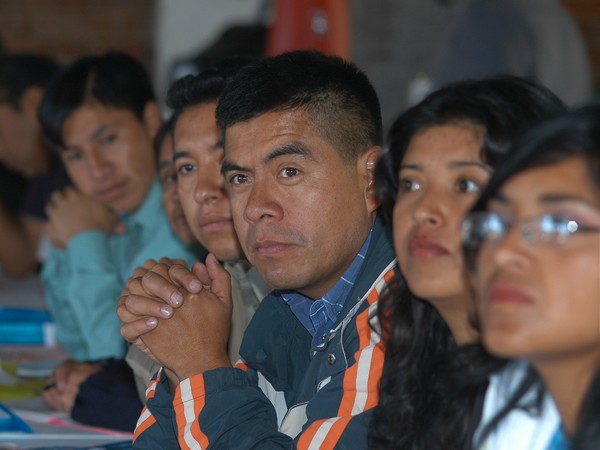Haiti - exploratory phase completed

Interviews were conducted with communities both in Port-au-Prince, the capital of Haiti, and throughout the countryside, over a period of 8 months. These interviews were the basis of the exploratory phase that confirmed that there is an opportunity for Interpeace to initiate a programme on the island.
Today's context is the result of a tumultuous past
One of the main insights resulting from these interviews is that, given the tumultuous past, the process of state formation in Haiti has repeatedly been prevented from running its course and reaching a point of consolidation. As a consequence, to cope with this vacuum, the population has developed local, informal structures and processes for conflict resolution, priority-setting and decision-making.
Programme plan developed and validated
The strategy for the programme in Haiti will be to focus on the development and strengthening of existing community-level decision making processes, its articulation into regional networks, and its integration into national-level policy processes. From this there will be a direct contribution to the development of good governance and civic and democratic education processes. This approach aims to also strengthen the confidence between the population and the state institutions. The strategy will also help to defuse tensions and to channel frustrations into processes where grievances can be aired and credibly addressed.
On the ground support obtained
Local partner selected so solutions to conflict are locally owned
The Université de Nôtre Dame d'Haïti, a catholic university with campuses in the main Haitian cities will be the local associate. Much of the university's work is also based on the application of a Participatory Action Research methodology which is also the foundation of research work that Interpeace carries out.
Support from international organizations and critical government offices has been obtained including the Ministry of Interior and Territorial Collectivities. All those contacted are optimistic that the Interpeace approach is appropriate for the context.
Seeking funding to initiate the programme
Interpeace are now actively fundraising in order that the programme can be launched.
